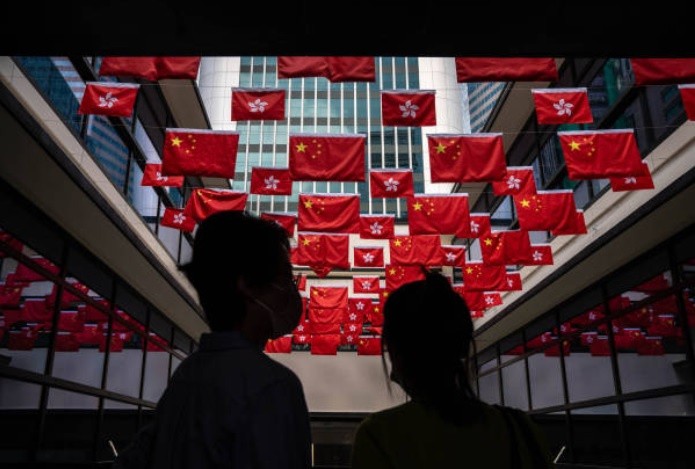China has released the updated list of online news sites on Wednesday, Oct. 20 following the removal of one of the country's publications Caixin.
The cyberspace regulator has come up with the decision to expel the said internet news provider.
China Removes Caixin as Official News Outlet

According to a recent report by Bloomberg, Caixin Media is now out in the revised list of news sites that can reprint online content.
In line with the removal of the popular business publication, China only included 1,358 news sites in the new list. The move followed after the country imposed a massive crackdown in several sectors such as media.
Since President Xi Jinping entered office, China has been tighter in controlling the print media that could tackle the local events. Previously, foreign sites such as the British Broadcasting Corp., and the New York Times were blocked by China in posting print media.
In an announcement, the Cyberspace Administration of China (CAC) said that the current number of news outlets includes a combination of social media and public accounts.
With the ban of Caixin on the list, it could no longer post news online. Moreover, many believed that this bypassed the freedom of the publication to write news about the shortcomings in the country.
Caixin Criticizes CAC
From another report by The Strait Times, Caixin has been one of the active publication sites that exposed the government's shortcomings.
In 2016, the organization said that the country's cyberspace regulator was censoring an English article. The Chinese version of the post was deleted immediately.
Earlier this October, China announced that it would stop the "non-public" capital investment from gathering news, as well as broadcasting news components and the like.
According to the Strait Times, this move would likely weaken the influence of the news media against the state-run media. There was also a report back in March about Alibaba.
In the report, Beijing urges Alibaba to sell its assets that are linked to media publications. This includes the famous news site South China Morning Post.
Over the past years, Alibaba head Jack Ma has been constructing an immersive media portfolio that envelops newspapers, advertising assets, news outlets, and even TV production firms.
Social Media Crackdown Leads to WeChat Account Ban
Last week, Tencent banned a total number of 1,463 WeChat accounts following their violations of illegal transactions. At the time of writing, the account of Essence Securities chief strategist Chen Guo was also included in the restriction.
The action took place amid China's aim to cleanse more content about the country's economy. The band does not mean that all accounts are permanently suspended. Some of them underwent a seven-day restriction.
In 2017, Apple decided to take down The New York Times app in the China App Store because of its violation of local regulations. At that time, the Cupertino giant did not disclose further details on how the government urged them to remove the said app.
China has not specified why it arrived at that decision.
Related Article: China Bans Access To Online Publishing Site Medium
This article is owned by Tech Times
Written by Joseph Henry
ⓒ 2026 TECHTIMES.com All rights reserved. Do not reproduce without permission.




